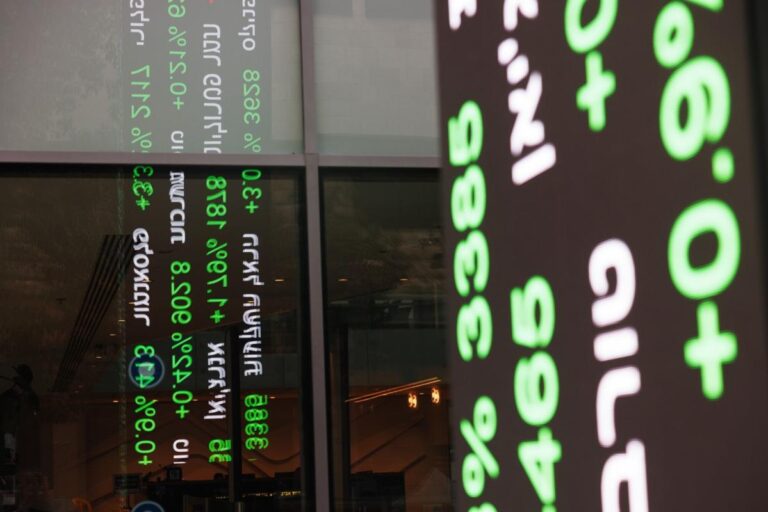(Bloomberg) — An Israeli regulator has cleared an artificial intelligence startup to launch a chatbot that offers stock-picking advice in partnership with a major bank, even as other governments have sounded alarms that AI could destabilize financial markets if it were widely used in investing. Tel Aviv-based Bridgewise got the green light from the Israel Securities Authority (ISA) to launch later this month a chatbot called Bridget that can offer recommendations on which stocks to buy and sell in response to user queries. The startup is working with one of the country’s largest banks, Israel Discount Bank, to roll out the product. It plans to expand to the investment platform of a second Israeli bank in the coming months. The move represents a significant — and controversial — step for generative AI. As global financial institutions have increasingly adopted chatbots for research and customer service in the two years since OpenAI launched ChatGPT, regulators are wary of the risks of deploying the technology for retail investing. Gary Gensler, chairman of the U.S. Securities and Exchange Commission, warned this month that there could be a financial crisis in the future if too many brokers and fund managers rely “on the same model, the same algorithm, the same data.” Similarly, the European Central Bank has said that using a handful of AI systems for investment decisions could lead to “herd behavior or bubbles.” As with many uses of AI, there are also concerns that the artificial intelligence could hallucinate — or make up information — in response to investor questions. A spokesperson for the Israeli regulator said the approval came with restrictions. The tool can’t include “user-specific” advice, for example, or have a conversation that appears to be “personal advice.” The spokesperson referred Bloomberg News to correspondence between the agency and Bridgewise. In the exchange, the regulator set several other conditions for approval, including that the company offering such an AI tool must have an investment license, be compensated based on a fixed rate rather than investment performance and follow basic conflicts of interest rules. Founded in 2019, Bridgewise uses AI trained on historical data combined with real-time information to provide investment analytics to brokers, wealth advisers and exchanges including Nasdaq, the London Stock Exchange and the Tel Aviv Stock Exchange. The company said its new chatbot took years to develop and underwent extensive testing to ensure the advice is accurate.
“It’s ChatGPT, but with a financial edge,” said Bridgewise CEO Gaby Diamant. “We did everything in a calculated way, with regulators involved from start to finish. Being the first to launch this put a huge burden on us.” Investors can query the chatbot for recommendations on thousands of stocks, from asking whether they should sell shares of Alphabet Inc. to finding out which semiconductor stocks are its top buy recommendations. During a beta test of the tool, a Bloomberg reporter asked for the five best stocks to buy that day. The chatbot quickly responded with a list of five companies, including reasons to buy each. Some popular general-purpose chatbots like ChatGPT summarize risks and general information about companies but don’t provide investment choices. When asked by a reporter whether to buy or sell Alphabet stock, ChatGPT responded that it could not offer buy and sell recommendations. Diamant said the risks of using the AI tool to buy and sell stocks are “similar to any investment decisions a trader makes on the advice of a bank or commercial entity.” In testing the chatbot, responses included a warning about the limitations of the service. “The information is not tailored to your specific circumstances and is not a substitute for personal investment advice,” the warning said.
Bridgewise is working on updates that include 12-month stock price forecasts, earnings call transcripts and help users create personalized thematic portfolios based on their preferences. Bridgewise also plans to roll out a service for retail users on a trading platform in Brazil, where it is also working with local regulators. The startup declined to name the platform.
–With assistance from Marissa Newman.
Bloomberg Businessweek’s Most Read Articles
©2024 Bloomberg LP

